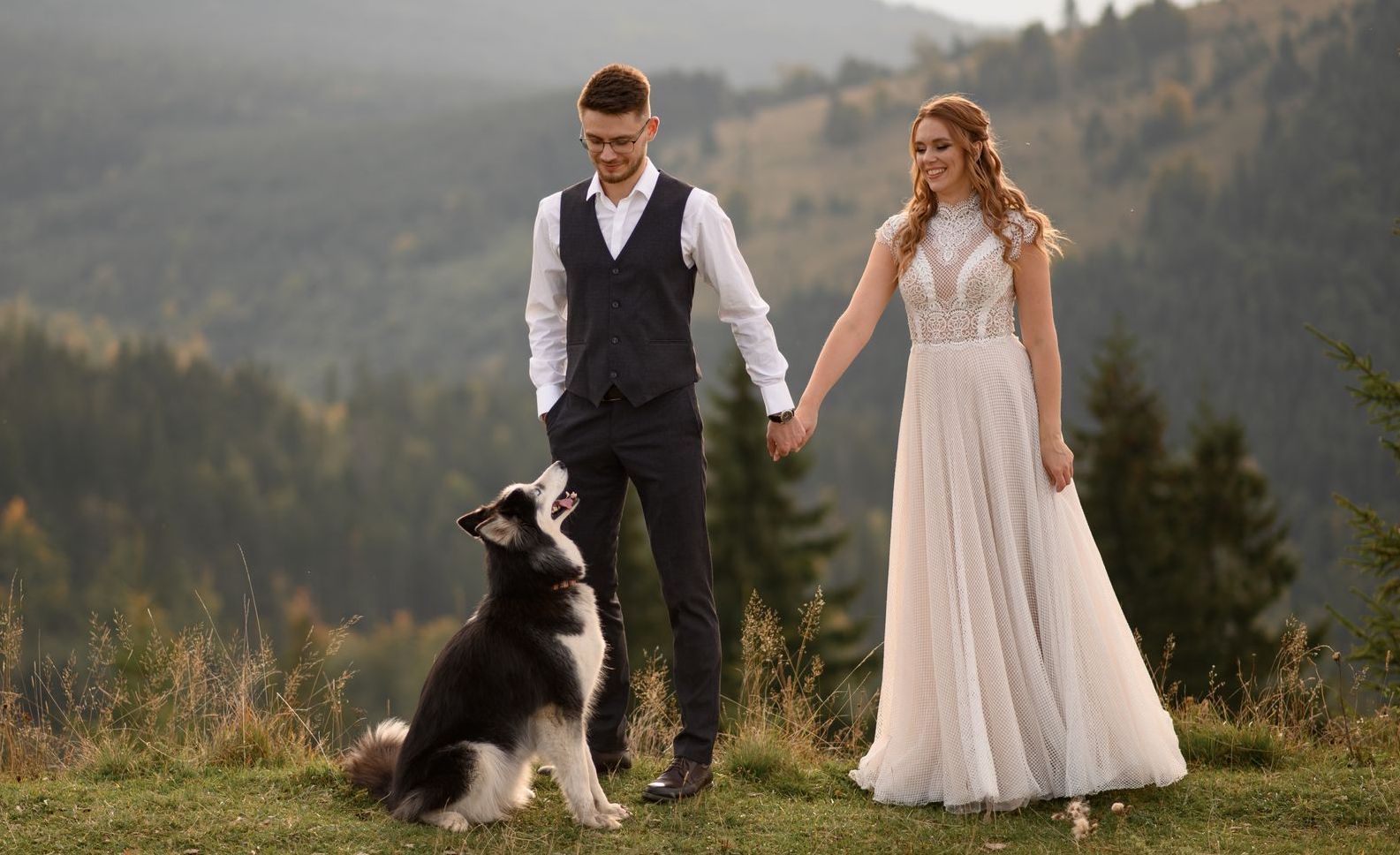Pet Custody in a UK Divorce – Who Keeps the Dog?
Discover how pet custody is handled in UK divorce law, what a pet-nup is, and how to resolve disputes over your beloved animals post-separation.

You may be surprised to know that as far as divorce law is concerned in England and Wales, your pets are treated as a ‘chattel’; an item of movable property such as an item of furniture, a car, or jewellery. When deciding who gets custody of a pet in the event of a divorce, the law handles such decisions in the same way it would for a piano, BMW, or a diamond ring. While we tend to view our pets as much-loved members of the family, the law does not handle decisions regarding dogs and cats in the same way as it does people. In this article, we will explain how to handle pet custody if you are getting divorced in the UK.
Can I keep custody of my pet following divorce?
Yes, you can keep custody of your pet following divorce. As with any other chattel, the first step is to try to negotiate with your ex-spouse regarding the custody of your pet. If you can agree, it is advisable to have this drawn up as part of your divorce settlement agreement. Once approved by the court in the form of a consent order, you can relax in the knowledge that the agreement is legally enforceable and cannot be simply ignored by the other party without serious legal implications.
What is a ‘pet-nup’?
Some couples enter into a pet-nup before or after marriage to make it clear who will get the pet should they separate. While nuptial agreements are not legally binding, they do remove the potential for disputes and will be taken into account by the family courts in England and Wales. A pet-nup set out a number of areas of agreement, including who will keep the pet, who will pay for any vet bills and other expenses, and who is responsible for caring for the pet.
What if we cannot agree on pet custody following divorce?
If your partner wishes to keep the pet in question, then it may be necessary to consider mediation or another form of non-court dispute resolution (NCDR). NCDR is extremely effective in resolving even the most emotionally charged disputes, which is often the case with pet disputes. This approach may work if you and your ex-partner are willing to work through the disagreement and make the best decision in the best interests of your child.
If there are other areas of disagreement regarding your divorce financial settlement (i.e. how to split the marital pot), you could discuss pet custody at the same time through mediation.
If mediation is not suitable or effective, it may be necessary to ask the court to decide as part of a wider divorce financial settlement. It would not normally be appropriate or cost-effective to ask the court to decide solely on the custody of a pet following divorce.
What will the court consider when deciding on pet custody?
The primary question that the court will ask is, ‘who has ownership of the pet’? Unfortunately, there is no way single way to definitively define who owns a pet. If you are the registered owner, you will be more likely to receive custody of the pet. This may be the case if you are named as the registered keeper of the pet according to their identification microchip or if you are registered with an official organisation such as the Kennel Club. You may also be seen to be the owner of the pet if:
- You acquired the pet
- You have been the main carer for the pet
- You took out pet insurance
- You cover the day-to-day costs and any vet bills
- You were given the pet as a gift
- You have looked after the pet following the divorce.
In addition to ownership, the court will also take into account if there is a pet-nup. Again, while not legally binding, this can be extremely helpful for the courts when making decisions regarding pets.
The final element is the welfare of the pet. The court is much more likely to ‘award custody’ of a pet to a person who has the time and resources to care for them. They may also prefer to give custody to the party with whom the children from the marriage will be living for the benefit of the overall well-being of the family.
Final words
We always recommend that, where possible, couples going through divorce try to resolve any disputes regarding pet divorce between themselves. Mediation is the next option if the matter cannot be resolved. It could be argued that asking a judge to make such a decision is not the best use of the court’s time. However, this may be appropriate if it is one of several other disagreements when reaching a divorce financial settlement. If you are unsure of the best approach, please chat to a member of our understanding specialist divorce law team, who will be pleased to provide some initial advice regarding your pet custody dispute.
For a free consultation regarding your divorce in the UK, please call us on 0208 300 6666.














